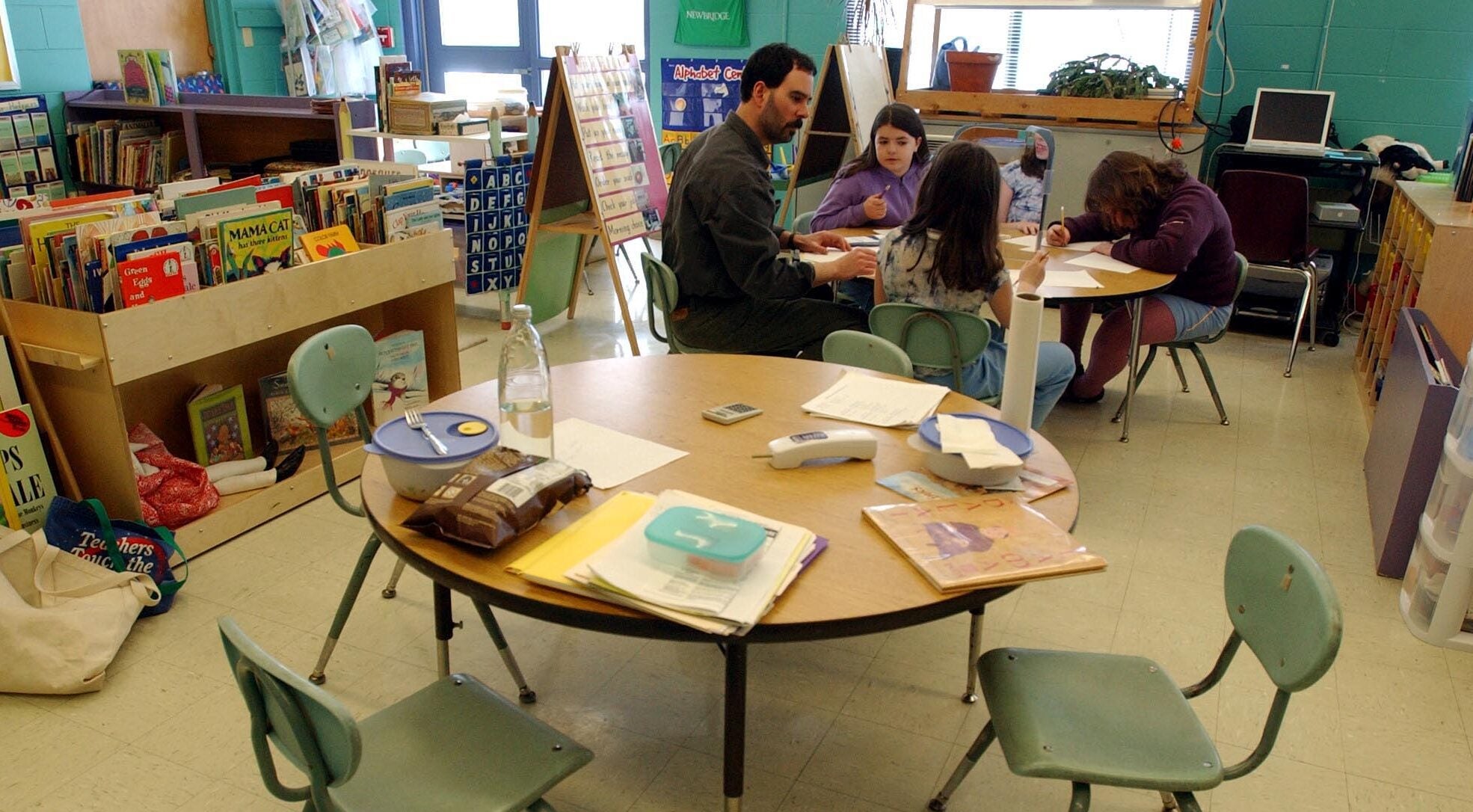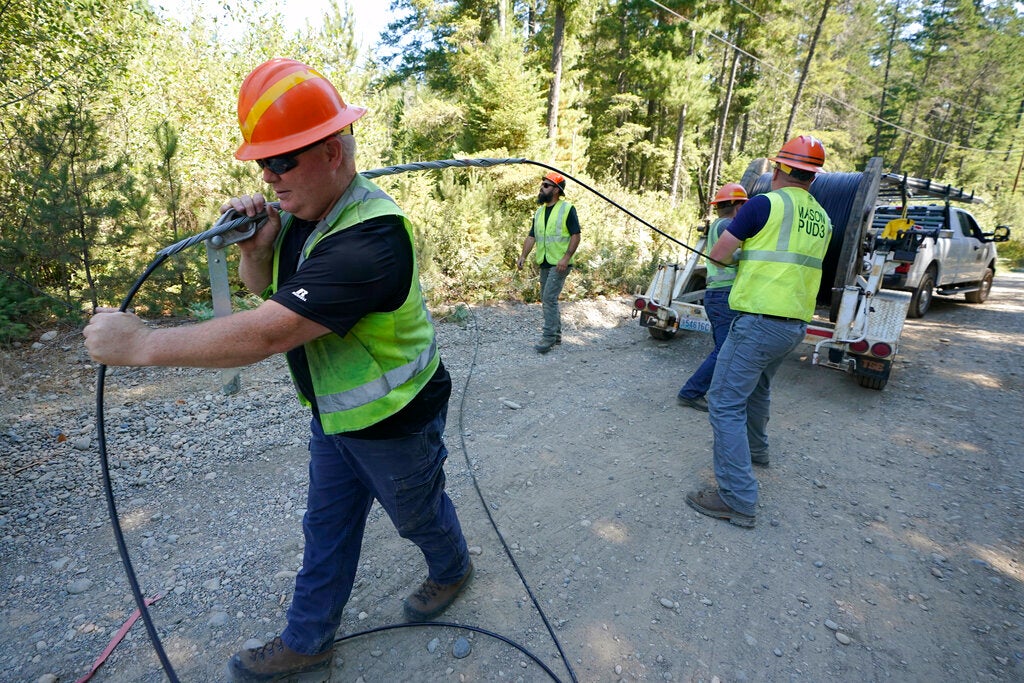There are many types of literacy. One that nearly every one could use some help with is financial literacy.
“Our surveys found that less than half of Wisconsinites were able to answer basic financial literacy questions, things like interest rates, investing, and savings,” said Peggy Olive, a financial capability specialist with the University of Wisconsin-Extension.
Financial literacy is the ability to understand how money works: how to earn it, how to manage it, and how and where to invest and save it.
Stay informed on the latest news
Sign up for WPR’s email newsletter.
Olive said that financial literacy is essential to navigating personal finances no matter a person’s income. Many Wisconsin families — but particularly low- and moderate-income households — struggle with the range of choices in financial services. Finding a few extra dollars each month can make a big difference.
“One in five households are spending more than they bring in,” said Olive. “You can only sustain that for so long.”
Olive said that financial literacy is essential to the economic health of the state.
“Households are the backbone of the community,” she said. “Being able to juggle your household budget and provide for your family’s needs.”
UW-Extension offers several programs and educational resources on personal finance. Some schools around the state also finance classes for students.
“I don’t care how or where you spend your money,” said Olive. “But everyone needs to know where their money is going.”
Wisconsin Public Radio, © Copyright 2025, Board of Regents of the University of Wisconsin System and Wisconsin Educational Communications Board.



